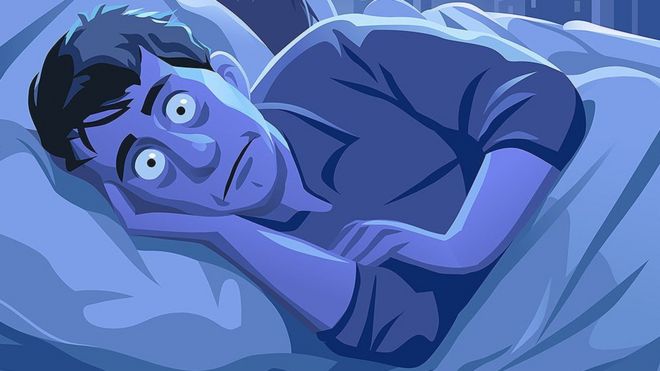
There is a small culture developing, a culture of buying mental disorder medication without a prescription and popping them like sweets even for minor headaches.
First of all mental disorder still has a stigma in our country so no one wants to be seen going to a psychiatrist because people will think that they are either going mad or they cannot handle their own issues. Many people are taking antidepressants, sleeping pills and the like, following advice from friends and colleagues.
When you make the decision to start taking antidepressants, it’s unlikely you’re already thinking about how you’ll stop. While some of us intend to use medication to get us through a difficult period, others seek help after years of living miserably and are too grateful to have found something that helps to be pondering when to give it up.
:max_bytes(150000):strip_icc()/man-taking-medicine-88689535-588f7ecf5f9b5874ee2a07b4.jpg)
A good doctor or psychiatrist will discuss your longterm plans for antidepressants with you, questioning how long you plan to take them and making it clear that stopping suddenly is risky.
When people decide they no longer want to take medication, they stop abruptly, which can have dire consequences. A new review suggests that millions of people experience bad side effects when trying to cut down on antidepressants or come off them entirely.
The All Party Parliamentary Group for Prescribed Drug Dependence says that around half of patients will experience withdrawal symptoms and, for half of these, the symptoms will be severe. The review warns of possible anxiety, sleep problems and hallucinations, and shares stories from people experiencing ‘brain zaps’ and insomnia.

Researchers are urging doctors to properly inform patients of the risks of withdrawal symptoms, noting that side-effects can last weeks, months, or longer. Which all sounds a bit scary – but this shouldn’t put you off coming off antidepressants if you feel that’s the right choice for you. Neither should it put you off trying antidepressants in the first place.
If you are thinking of stopping antidepressants, just be aware of some important steps.
1. Talk to your doctor first, don’t do over the counter. Those who experience withdrawal symptoms are often those coming off antidepressants without the help of a medical professional. It’s crucial to talk to the person prescribing your medication to work out the best plan to stop taking it.

2. Work out why you want to come off antidepressants, The decision to stop taking medication is a big one, and shouldn’t be taken lightly. Have a serious think through of why you’d like to stop taking meds.
Are they no longer working, and your depression has returned? Do you feel you have enough social support to no longer need medication? Has a particularly stressful time passed? If your depression is in remission or you feel you’ve passed out of a tricky period, these are good times to think about stopping antidepressants. The return or intensifying of depression may mean a change in medication or dosage is a better choice.
If side-effects are making you question your meds, a swap to a different antidepressant could help. Feeling as though there’s something ‘wrong’ with taking medication, or that you’re failing because you’re still relying on meds, isn’t a reason to stop. Make sure the decision is thought through and discussed with your doctor. If your reasons are rash and on a whim, take a pause before you do anything.

3. Don’t stop suddenly. A sudden stop can cause withdrawal symptoms or a quick return of depression symptoms. Stopping immediately without letting anyone know what you’re doing is a dangerous move and we’d advise against it. Coming off antidepressants doesn’t need to take ages, but depending on your dosage and the type of medication you’re on, your doctor may recommend reducing the dose over the course of a few months.
4. Don’t confuse the return of depression for withdrawal symptoms. Withdrawal symptoms do happen, but thanks to developments in mental health medication, they’re increasingly less common. Antidepressants are not addictive and common types such as fluoxetine (Prozac) are designed to stay in the body for longer so that a sudden stop won’t feel like a shock.
Often what patients experience is the return of depression, rather than withdrawal symptoms. The difference between these is that withdrawal symptoms will pass over the course of a few weeks or months. They tend to be ‘brain zaps’ (the feeling of electric shocks), dizziness, and insomnia.

The return of depression will see you experiencing symptoms similar to those you experienced before taking medication. In either scenario, don’t suffer in silence – talk to a medical professional. If the depression has returned it’s crucial to make a treatment plan that will work in place of your antidepressants, while withdrawal symptoms may require a slower drop off in dosage.
5. Some medication is more likely to cause withdrawal symptoms ‘Seroxat (Paroxetine) is supposed to be the worst,’ Prozac (fluoxetine) is the least likely [to cause withdrawal symptoms] as it stays in the body for longer and so leaves the body more slowly and gently.